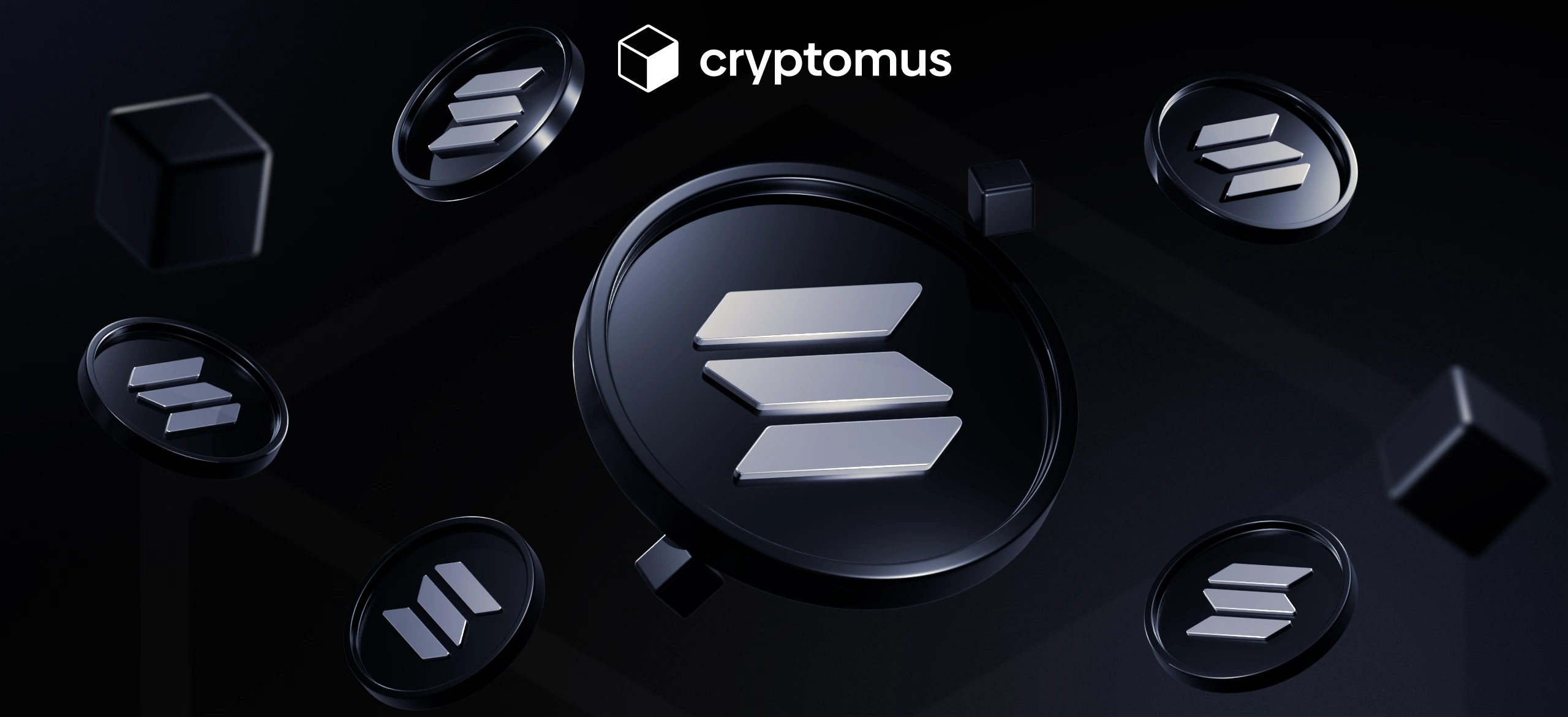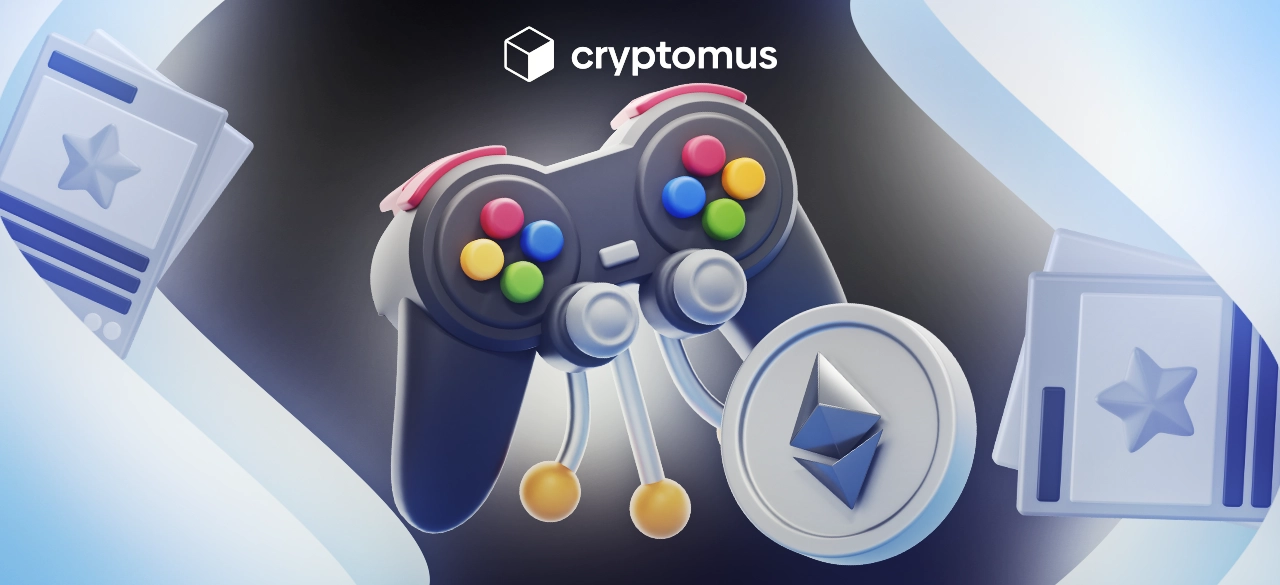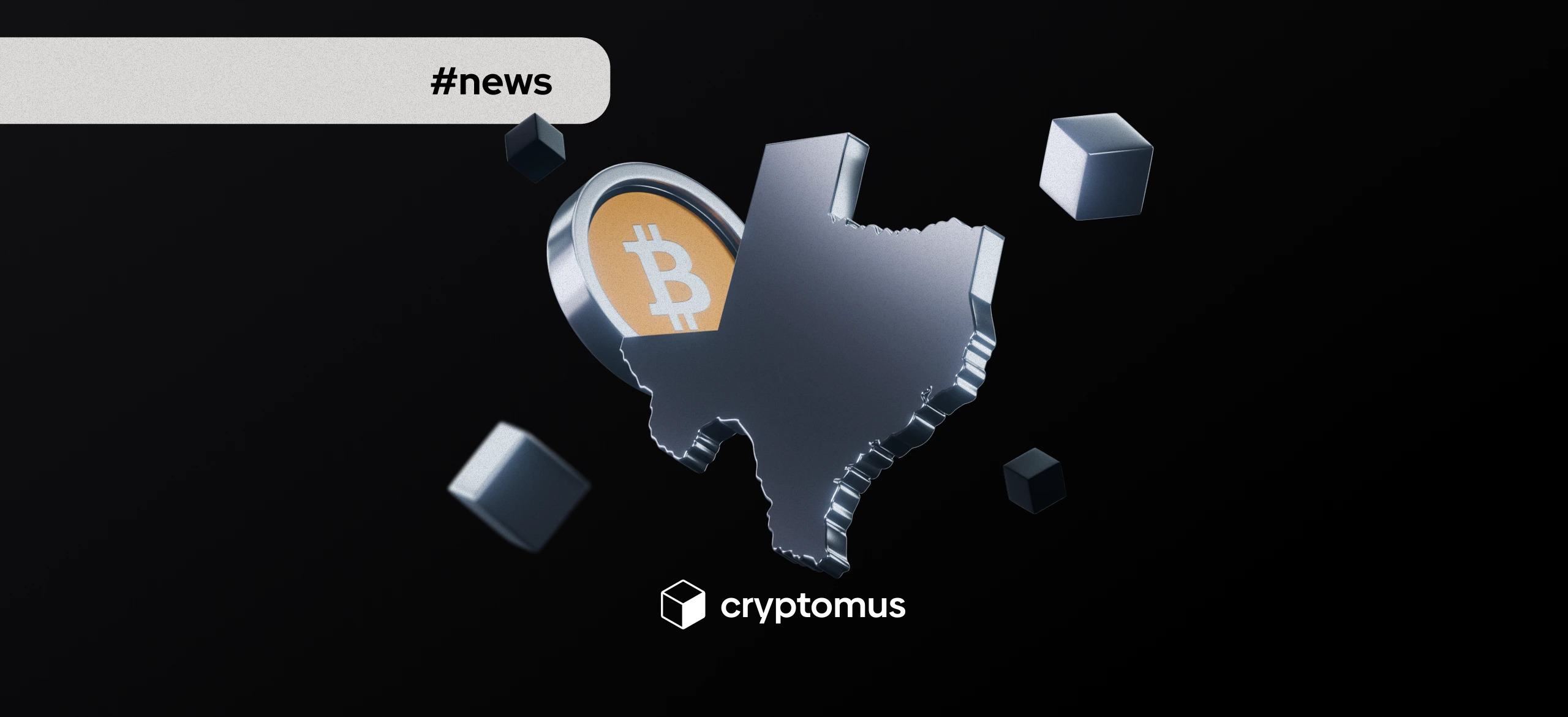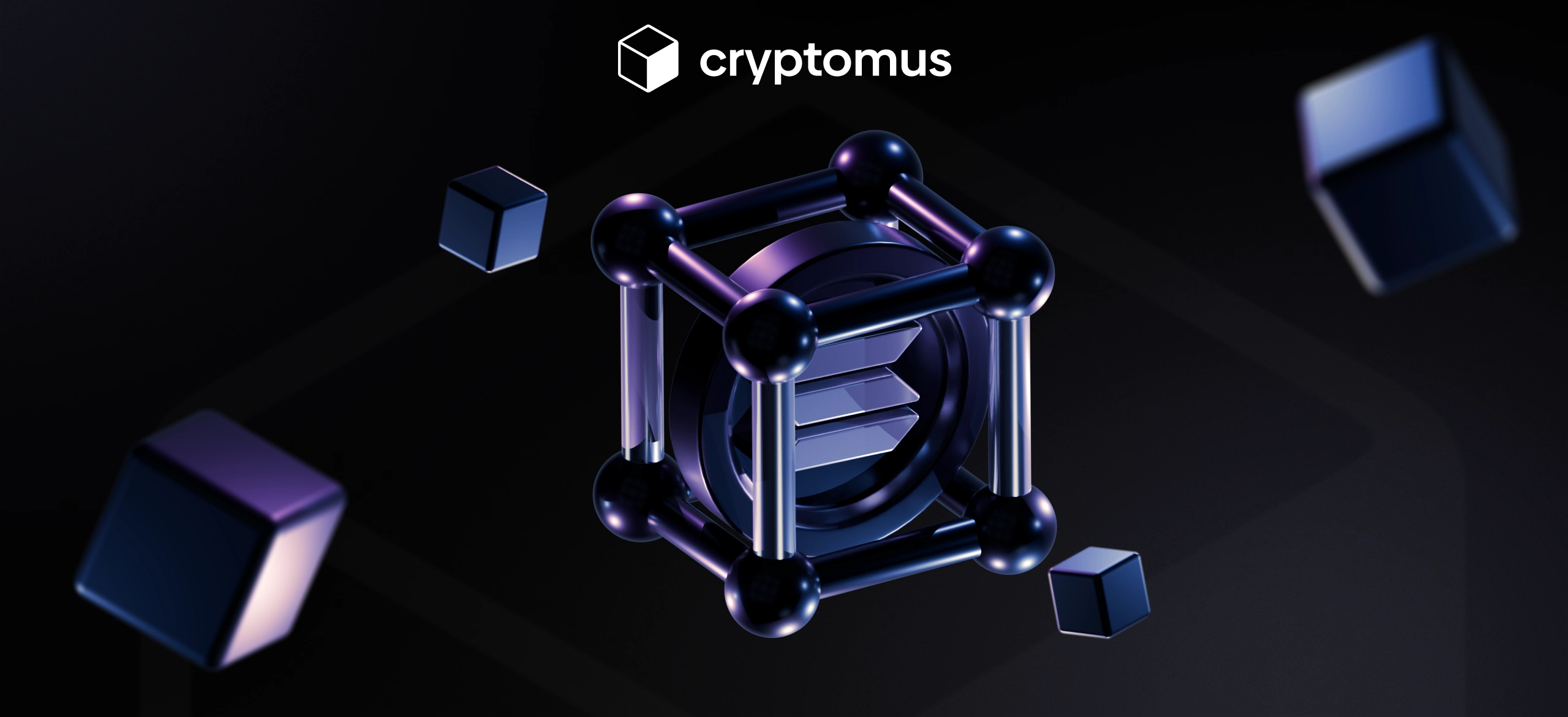
Is Solana Decentralized Or Centralized
Table of Contents
A major curiosity around cryptocurrencies revolves around their decentralized nature,and Solana also finds itself at the center of this debate.
This guide will examine Solana's resistance to central authority. We'll explore the methods it uses to maintain decentralization and the potential threats to its stability!
What Does Decentralization Mean?
Decentralization means sharing control and decision-making across a network rather than giving it to a single entity. It builds stronger, more resistant systems, minimizing vulnerability, and is a fundamental idea in crypto.
Picture it like this: in a regular bank, a central authority oversees all financial activities. Blockchain’s decentralized design removes this control, making the network more secure and transparent. To make things clearer, let’s explore the core elements of decentralization:
- Permissionless participation: anyone can join and contribute to the network.
- Shared governance: authority over decisions is collaboratively shared by all involved parties.
- Resilience: the network remains functional even if some nodes fail or go offline.
- Transparency: network processes are accessible to all, fostering trust.
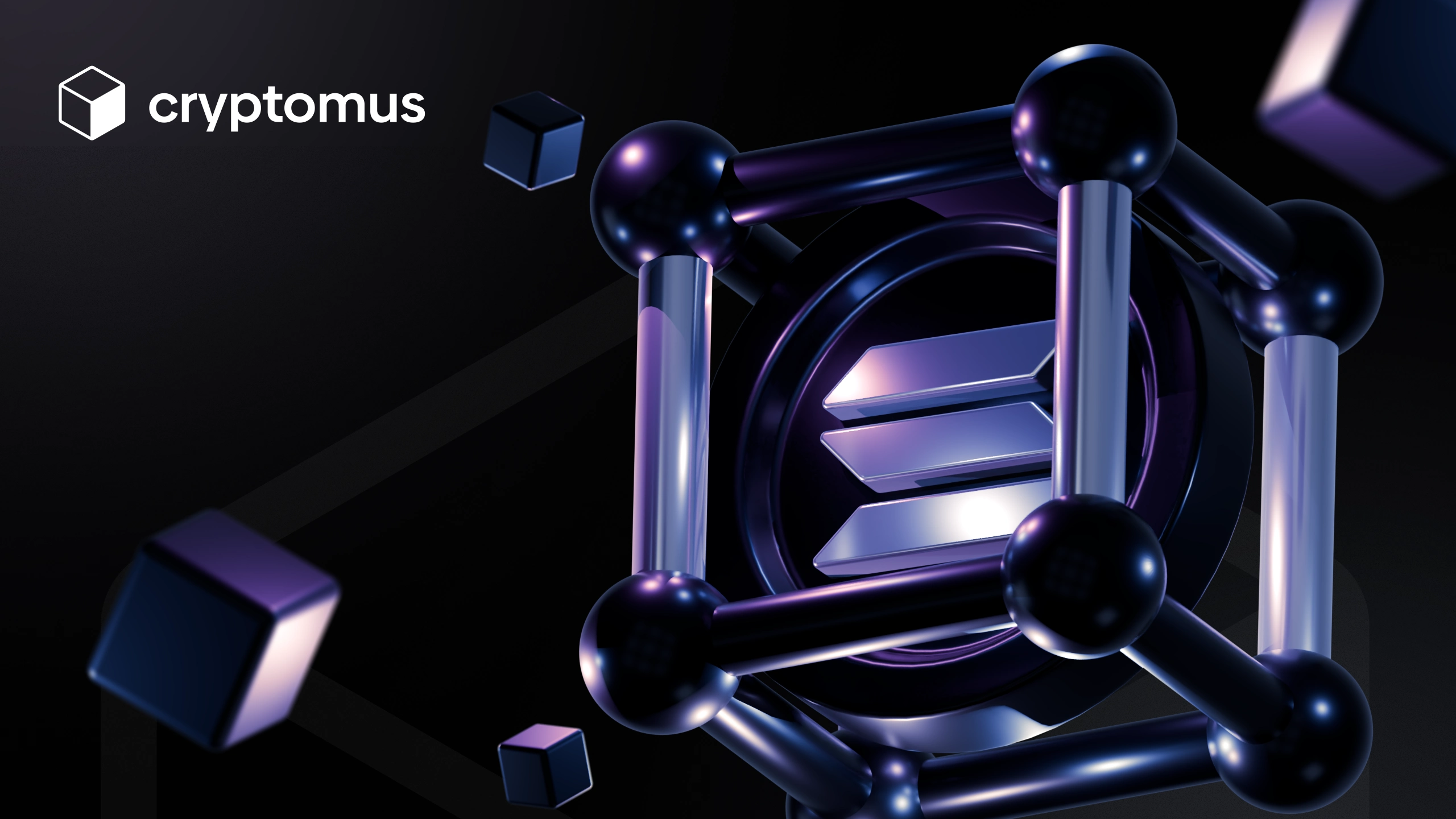
Is Solana Decentralized?
Now, onto the main question: is Solana qualified as decentralized? Solana is considered decentralized, but there are also centralized aspects that can’t be ignored.They include token distribution, large staking pools and regulations. We’ll come back to those aspects shortly, but let’s first discuss what it does to be free of central control.
Solana achieves decentralization through its global network of validators and its Proof-of-Stake and Proof-of-History consensus mechanisms. Solana's decentralization is primarily driven by its network of validators who collaborate to confirm transactions and maintain the integrity of the blockchain.
It has been actively encouraging more participants to become validators. For instance, it uses the PoS system where anyone can become a validator by staking SOL. It ensures control is shared across many participants. But the network is still growing, so it hasn't reached the level of distribution seen in Ethereum or Bitcoin.
Along with that, Solana’s unique PoH technology allows it to record a historical timeline of transactions. And in combination with PoS, it ensures that Solana can process transactions faster while remaining fairly decentralized.
As we’ve mentioned, there are certain factors that could threaten Solana’s decentralization. They include:
- Token distribution: a significant portion of tokens is held by the Solana Foundation, allowing it to impact the network’s governance and development, which may contribute to centralization. However, as more SOL tokens are distributed among users and validators, its influence is expected to diminish.
- Large staking pools: the presence of large staking pools can concentrate voting power and decision-making.
- Regulations: stricter crypto laws, focusing on tighter KYC and AML compliance, could limit how Solana is used and make it more centralized.
As you can see, Solana is fairly decentralized, but there are some centralizing factors. However, it does impose measures to refine its decentralization.
We hope this guide was beneficial. Send your questions and feedback below!
Simplify Your Crypto Journey
Want to store, send, accept, stake, or trade cryptocurrencies? With Cryptomus it's all possible — sign up and manage your cryptocurrency funds with our handy tools.
Get Started







